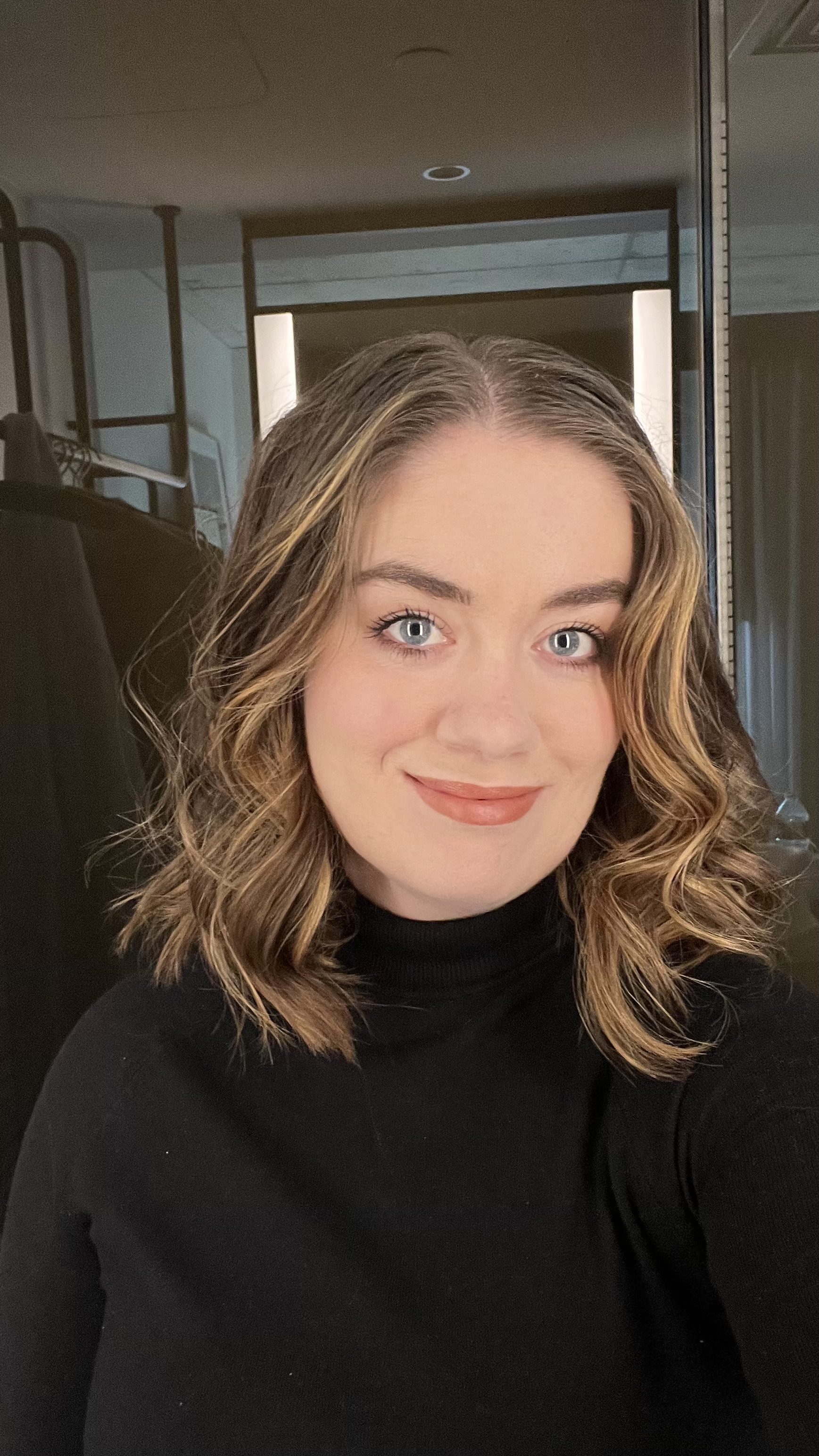Katie Poe

MSU Degree(s):
B.A. in English, 2019
M.A. in English, 2021
Any other degrees:
A.A., 2017, Northeast Alabama Community College
Favorite memories of being an undergraduate English major:
As an undergraduate, some of my favorite memories revolve around working at The Reflector and the people that I got to know through it. As a graduate student, I enjoyed all of the seminars, especially Dr. Claggett’s Victorian Monsters course, Dr. Atkinson’s class on southern literature and floods, and Dr. Spain and Dr. Brown’s co-taught seminar on South African and southern literature. Most of all, I look back fondly at my graduate assistantship at Mississippi Quarterly working with Laura West.
Current Position:
Content Production Manager
Organization:
ASHA Journals
When you graduated with a degree in English from MSU, what were your plans for your future? Has your career path mostly realized those early plans, or have you discovered new plans and goals along the way?
Before I graduated from MSU’s English MA program, I knew I wanted to work in scholarly publishing in some capacity, whether at a journal or university press. At first, I envisioned working in an editorial department as an editorial assistant or something of that nature. My career path has somewhat followed my early goals; I do work in the scholarly publishing field, but I discovered another type of department that better suits my skills and interests: production.
What is your current occupation, and what does your work mostly consist of?
I am currently a Content Production Manager at the American Speech-Language-Hearing Association, where I manage the production of scholarly articles for its 5 journals. My work begins when articles are accepted for publication, when the copyediting and proofreading processes start. I work with a vendor that provides composition services and I conduct quality control of their work. One of my favorite aspects of the job, however, is working with the authors.
Which skills that you learned as an English major do you use most in your job?
One of the major skills I gathered from being an English major was learning a style guide. Although I don’t use MLA every day anymore, being trained in that guide has helped me with learning other style guides like AMA and APA.
I also believe that studying English teaches one to have great critical thinking skills. Many times with editing, it’s important to be able to make informed decisions when altering someone else’s work.
Other skills include writing, revising, and collaborating with others.
What additional skills did you need to learn in order to do your job, and how did you learn them?
One thing I had learned that helped me immensely was proofreading. My graduate assistantship at Mississippi Quarterly was where I was formally introduced to proofs. A proof is essentially a PDF of an article that has been designed to match the journal’s formatting. At Mississippi Quarterly I learned the traditional proofreader marks and Managing Editor Laura West helped me learn what to look for in a proof.
Are there common misconceptions about your career field, which current English majors might share, that you have learned the truth about?
This may not necessarily be a misconception, but I feel like when people think of publishing and editing, they immediately think of trade publishing. Conversely, there are a lot of entry-level publishing jobs that might be with a society or journal which can be a great starting point for getting into the field. Also, the jobs might not always be under the title that people think. “Editorial assistant” is a popular job title, but searching for “editorial coordinator” or “journal coordinator” or “project editor” could result in similar positions.
In what ways does your career enrich your life and help you to achieve your personal as well as your professional goals?
My job definitely enriches my life, but I also try to have a good work/life balance so that I can have hobbies and time for myself outside of work to do things that I enjoy. Within the job, I very much enjoy assisting authors, and I feel there is a sense of purpose in my work. I take a lot of pride in being able to help people publish their work to the highest standard.
What advice do you have for undergraduate English majors right now who might want to follow the career path you did?
I recommend trying to get some professional experience before you graduate, whether it’s working at the school newspaper or getting an internship. You could unexpectedly gain some experience that will help you land a job after school.
My main piece of advice when looking for editing jobs is to visit the Society for Scholarly Publishing website. It has so many helpful resources for people looking to get into publishing, and the job board is where I found my first production job. LinkedIn is also a great place to find open positions. I am also happy to be a resource for anyone who may have questions about this career path!
[Updated 2023]